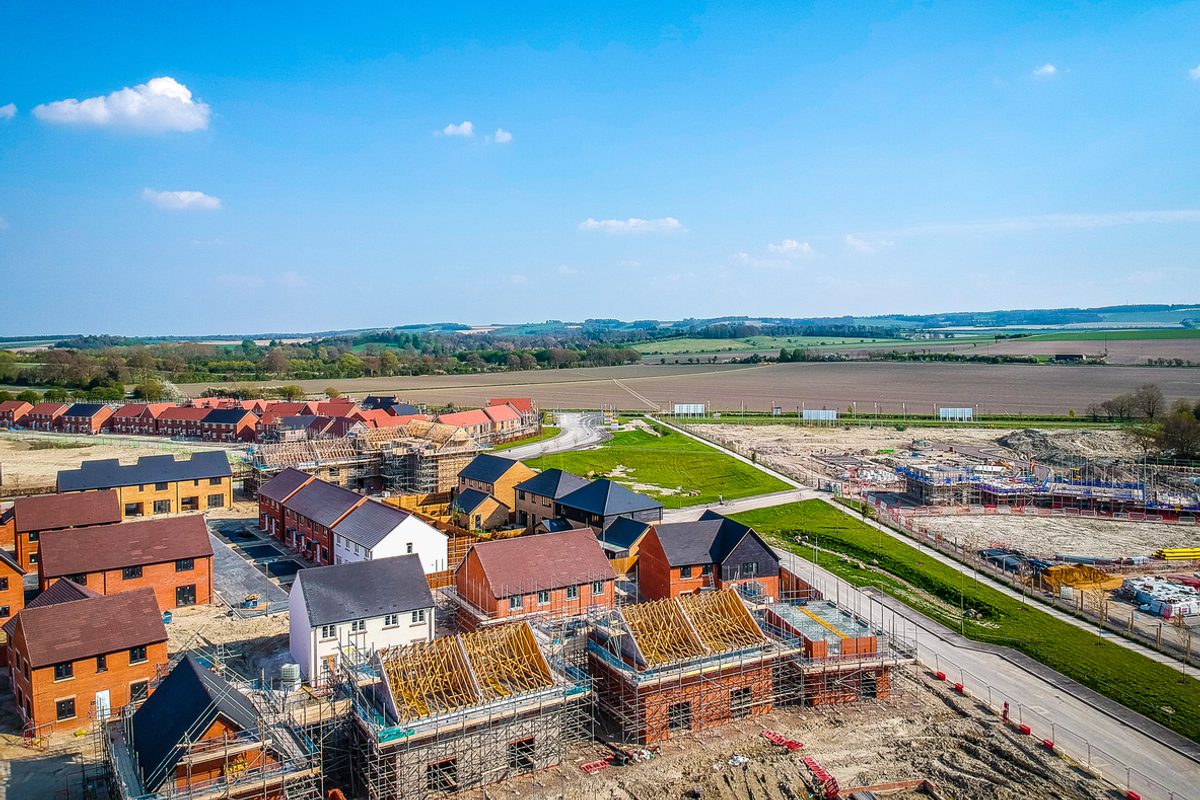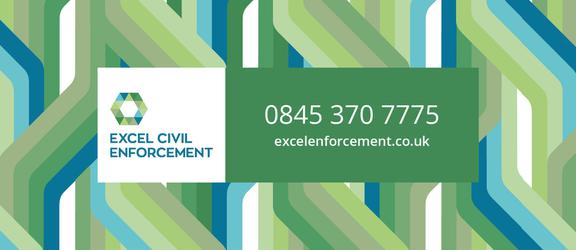Maximise your council’s revenue streams

The Community Infrastructure Levy
The Community Infrastructure Levy (CIL) is a charge due on most new developments which creates a net additional floor space of 100sqm or more or creates a new house or a flat.
The CIL has become an indispensable tool for local authorities in England and Wales to fund various infrastructure enhancements and ensure that new developments contribute to the community services they impact.
These enhancements span many sectors, including road improvements, educational institutions, and community facilities. With the exponential growth in new building projects across England and Wales, the importance of an effective mechanism for collecting CIL cannot be overstated.
Excel has recently seen an increase in the number of councils progressing CILs through to enforcement, demonstrating the importance of ethical and efficient collections.
The Community Infrastructure Levy Regulations 2010
Section 98 of The Community Infrastructure Levy Regulations 2010 enables enforcement companies like Excel to collect CIL on behalf of local authorities. Collaboration with Excel gives councils the best possible chance of a revenue stream from developers from the necessary infrastructure projects.
Despite the efficacy of the CIL system, the evolution of legal terminology and procedural frameworks necessitates periodic adjustments. The reference to outdated terms such as 'distress' and 'bailiff' in s.98 of the 2010 regulations was updated in 2019 for England but for reasons unknown, remains unchanged in Wales. However, transitional arrangements, as set out in The Tribunals, Courts and Enforcement Act 2007 (Consequential, Transitional and Saving Provision) Order 2014, cover this anomaly.
As the demands for infrastructure continue to increase, Excel remains committed to facilitating transparent and efficient revenue collection processes, thereby contributing to the enhancement of essential amenities for local communities across England and Wales.
Contact us to see how we can help recover your unpaid CILs.



